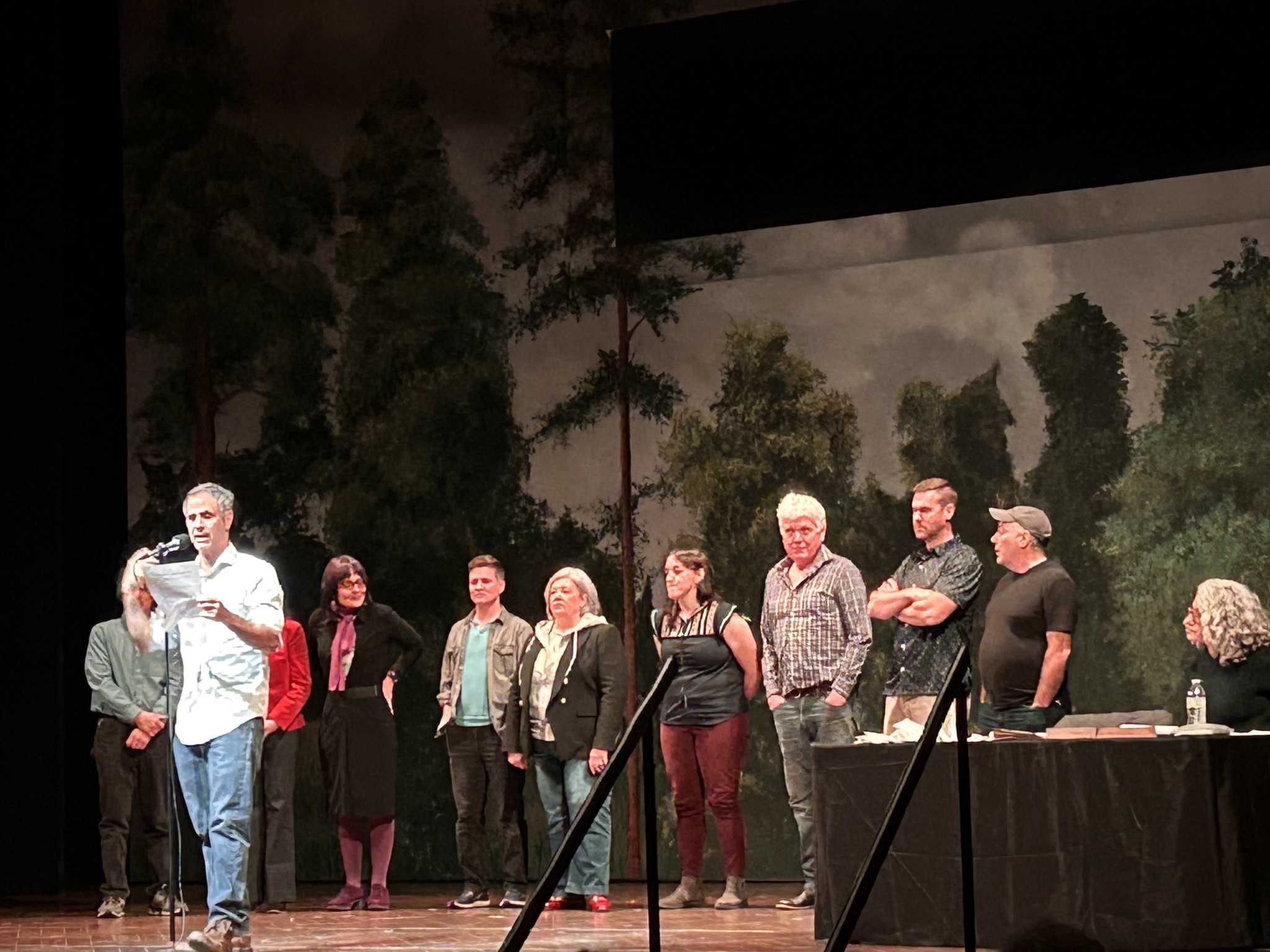In the acknowledgments of Something Missing, I thank Mark Compopiano, my high school English teacher, for teaching me that “words can change minds.”
I had always wanted to write, but Mr. Compiano, my English teacher in high school, made me believe that writing was possible.
When I entered Mr. Compo’s English class, I thought of myself as a good writer. Though I couldn’t type or spell to save my life and nothing I submitted was ever on time, the words and sentences came easily to me, and I had a lot to say. I wrote for the school newspaper and kept a diary off and on during my high school career, and I wrote lots of notes to girls.
The day that changed my life as a writer was November 29, 1988. On that day, I handed in an assignment in which I was asked to write a satirical piece that expressed humor.
In reading this piece today, I cringe. It is not well written. It is not funny. It is barely satirical. But on that November morning, I was certain that I was handing in a masterpiece, so three days later, on December 2, 1988, when Mr. Compo handed back the assignment with a grade of B-, I was confounded. Scrawled across the paper were the words “Not satire” (as well as “Many spelling errors!”). At the top of the page, Mr. Compo had written:
Some of this is not satire. It’s too obvious.
I disagreed. Despite his years of experience, I had decided at that moment that Mr. Compo was wrong. He had no clue what satire was and had missed the whole point of my piece. Emboldened by overconfidence and teenage bravado, I approached his desk and protested my grade. We debated the merits of my piece for a while, and finally, he offered a solution:
Read the piece to the class. If a majority believes that it is satire, I will increase your score by one letter grade. But if a majority agrees with me, we decrease your score by one letter grade.
Basking in self-assurance and unable to resist a challenge, I agreed. Though this was a serious English class filled with many serious-minded, teaching-pleasing students. I was also certain that I was right and that they would side with me.
They did.
By unanimous vote, the class declared my work as satire, and my B- was instantly transformed into an A-. I still have the assignment upon which the change in score is noted.
After reading the piece aloud, Mr. Compo admitted that the tone in which I read the piece helped in delineating the satire quite a bit, and what initially sounded dry and rhetorical came to life as I spoke the words.
Some of David Sedaris’s work can be like this. Read it and you think, “That was amusing.” Listen to him read it and you’re rolling on the floor in fits of laughter.
Don’t get me wrong. I was no David Sedaris, nor am I anywhere in his league today. My piece, which was entitled Welcome to America, is amateurish, silly, and somewhat embarrassing as I read it today, but on that December morning, I learned that my words are capable of changing minds. On that morning, I had changed the mind of a man I respected a great deal, perhaps the man who I respected the most at that time, and from then on, I knew that I wanted to write.
I also made girls laugh, including my biggest crush.
I was also getting kicked out of my house after graduation. I had no future, but in writing that piece and changing minds, I thought that writing might give me a future.
So the next day I started my first business: Writing and selling term papers for my fellow students. Charging between $25-$100 depending on the topic and length of the paper, I managed to buy my first car, a 1976 Chevy Malibu, with the profits of this covert operation.
It would be another fifteen years before I would even begin writing SOMETHING MISSING, but I started writing that day and have never missed a day since I was 17 years old. The short stories, the Op-Eds, the poetry, and everything else that followed can be traced back to that December morning when I read a piece of writing that changed a teacher’s mind.
Thank you, Mr. Compo.








